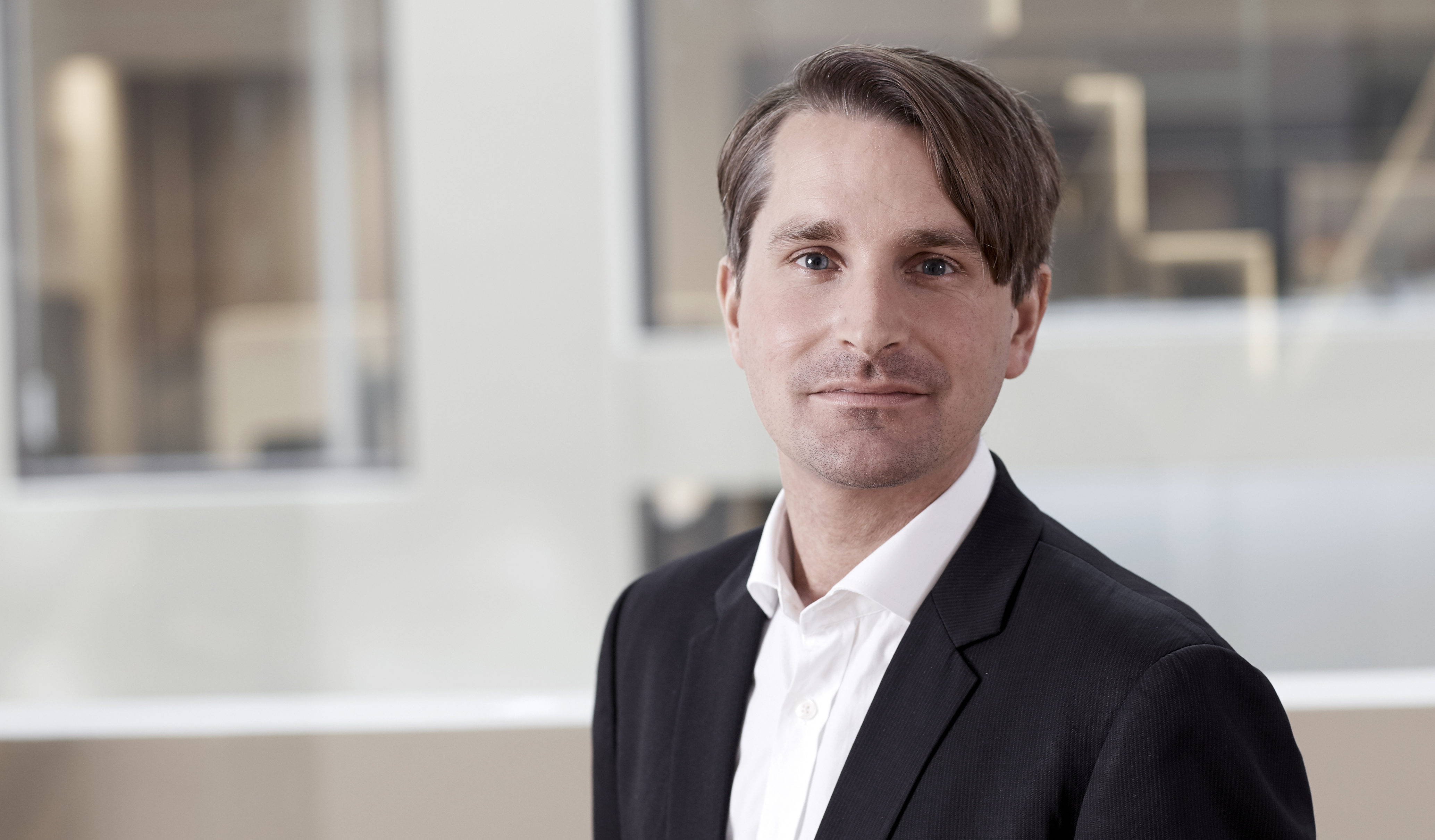Consumer challenges in the internet of things
28. september, 2016
An increasing number of devices come with an internet-connection and are able to communicate with each other. This leads to many new opportunities, while at the same time perpetuating consumer challenges and introducing novel issues
Many people might be tempted to try a thermostat that automatically adapts the temperature according to what you are doing, or a refrigerator that can order new groceries on its own. Similarly, cars that choose the path of least traffic, or a coffee-machine that serves freshly brewed coffee when you wake up in the morning, could be attractive prospects to a lot of consumers.
Through a multitude of sensors and an internet connection, objects that used to be analog are now networked and “talk” to each other. Consequently, it’s easy to be overwhelmed by all the possibilities this might give, including increased comfort, safety, and efficiency.

However, there are also a number of challenges that needs addressing. In a report from the consumer organization Consumers International, several relevant questions are raised:
- Who owns the enormous amount of data that these sensors collect, and how is this information being used?
- What can you do if the service linked to the connected device shuts down, making the device stop working as intended?
- Will it be possible to purchase products from competing companies without having to maintain two or more “eco-systems of things”?
- If a service-provider thinks that you are in breach of their terms of service, do you risk being shut out of the entire “eco-system” of your home?
Many of these questions are familiar from technologies such as smartphones and computers. Nevertheless, although new technologies may come with both benefits and disadvantages, it remains essential that consumer- and privacy rights are maintained.
In the coming months we will analyze the terms and properties of several connected products. There is a significant amount of uncertainty regarding the safety and what we actually consent to when we begin using these products and services. It is of utmost importance that these concerns are addressed while the technology is still under development, instead of being postponed until our homes have become thoroughly connected.

Finn Myrstad
Fagdirektør